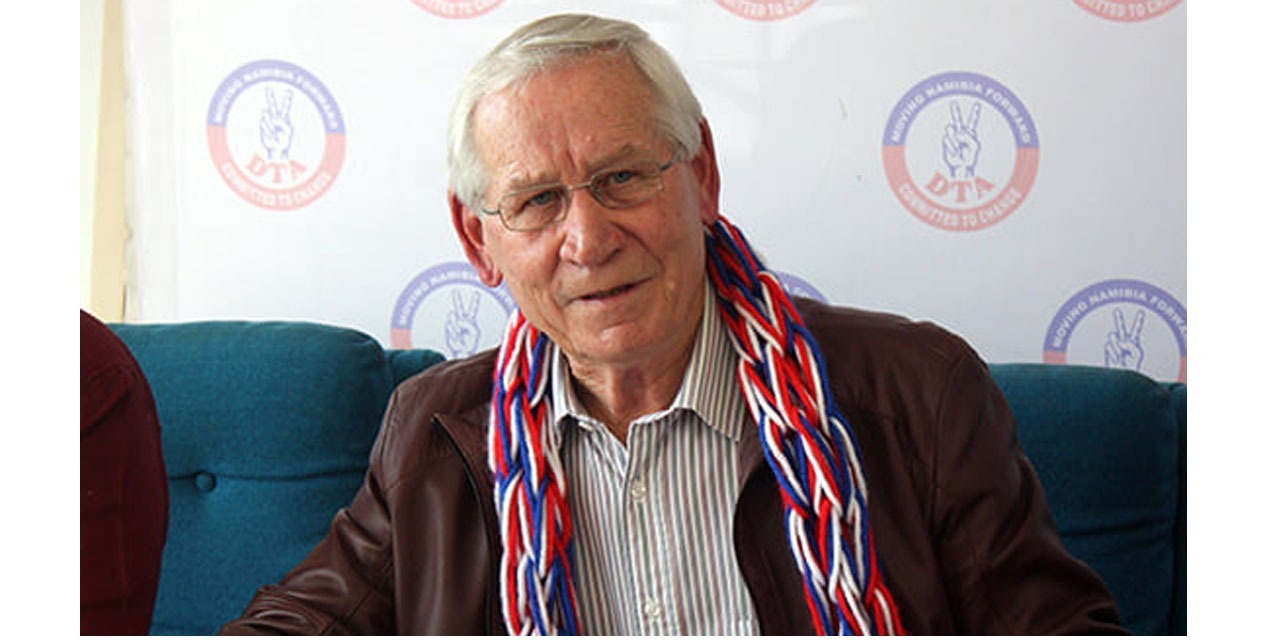Erasmus Shalihaxwe
Popular Democratic Movement (PDM) member of parliament Nico Smit has warned that the proposed Public Gatherings Bill could regress the country to the repressive conditions of the apartheid era.
Apartheid restricted citizens’ ability to gather and express their political views.
Smit made these comments on Tuesday in Parliament while participating in the discussion of the bill that Minister of Home Affairs, Immigration, Safety, and Security Albert Kawana introduced last month.
“This bill, reminiscent of apartheid-era restrictions, emerges precisely as Namibians increasingly exercise their right to public gatherings to voice critical concerns about the current administration,” Smit said.
The bill seeks to regulate public gatherings and processions by requiring organisers to appoint officials and apply for permission to demonstrate.
Smit emphasised that Namibia’s journey toward independence was marked by a struggle against oppressive laws designed to stifle dissent and suppress public voices. He expressed concern that the proposed bill reflects a return to such repressive measures.
“This reintroduction of stringent and bureaucratic controls on public gatherings is not a mere coincidence but rather a deliberate attempt to curtail the growing public dissent and inhibit the fundamental democratic right to peacefully assemble and advocate for change,” Smit added.
The veteran lawmaker noted that the bill is likely to spark significant concern among citizens and rights advocates, as it seeks to impose restrictions on fundamental freedoms crucial to democracy.
Article 21 of the Namibian Constitution guarantees rights to speech, expression, peaceful assembly, and association, forming the bedrock of democratic society.
While it is reasonable to restrict these rights to protect national security and public order, Smit argued that the bill’s sweeping limitations risk a return to an era of repression that many believed to be past.
He fears that under the guise of maintaining public order, the bill introduces measures that will suppress dissent and control the populace, echoing colonial-era laws designed to stifle free expression.
“For a nation that has fought for independence and values its democratic principles, adopting such repressive tactics would represent a significant regression and undermine the progress made since colonial rule,” Smit warned.
He also argued that proponents of the bill might claim that these restrictions are necessary and permissible under Article 21(2) of the Namibian Constitution, which allows for reasonable limitations on rights to protect national interests.
Smit cautioned that there is a fine line between safeguarding public order and infringing upon citizens’ rights.
“The vague and broad language of the proposed bill will raise concerns that it could be used to silence legitimate opposition and undermine the freedoms that are crucial for the health of our democracy. As this legislation is considered, it will be crucial to recall the lessons of our history and ensure that our laws do not lead us back to an oppressive past,” he cautioned.
Last month, another PDM member of parliament, Maximalliant Katjimune, warned that the bill aims to suppress Article 21 of the Constitution, specifically Article 21(d), which pertains to fundamental rights and freedoms.
He noted that the rise in demonstrations reflects the public’s growing dissatisfaction with social issues such as unemployment.




